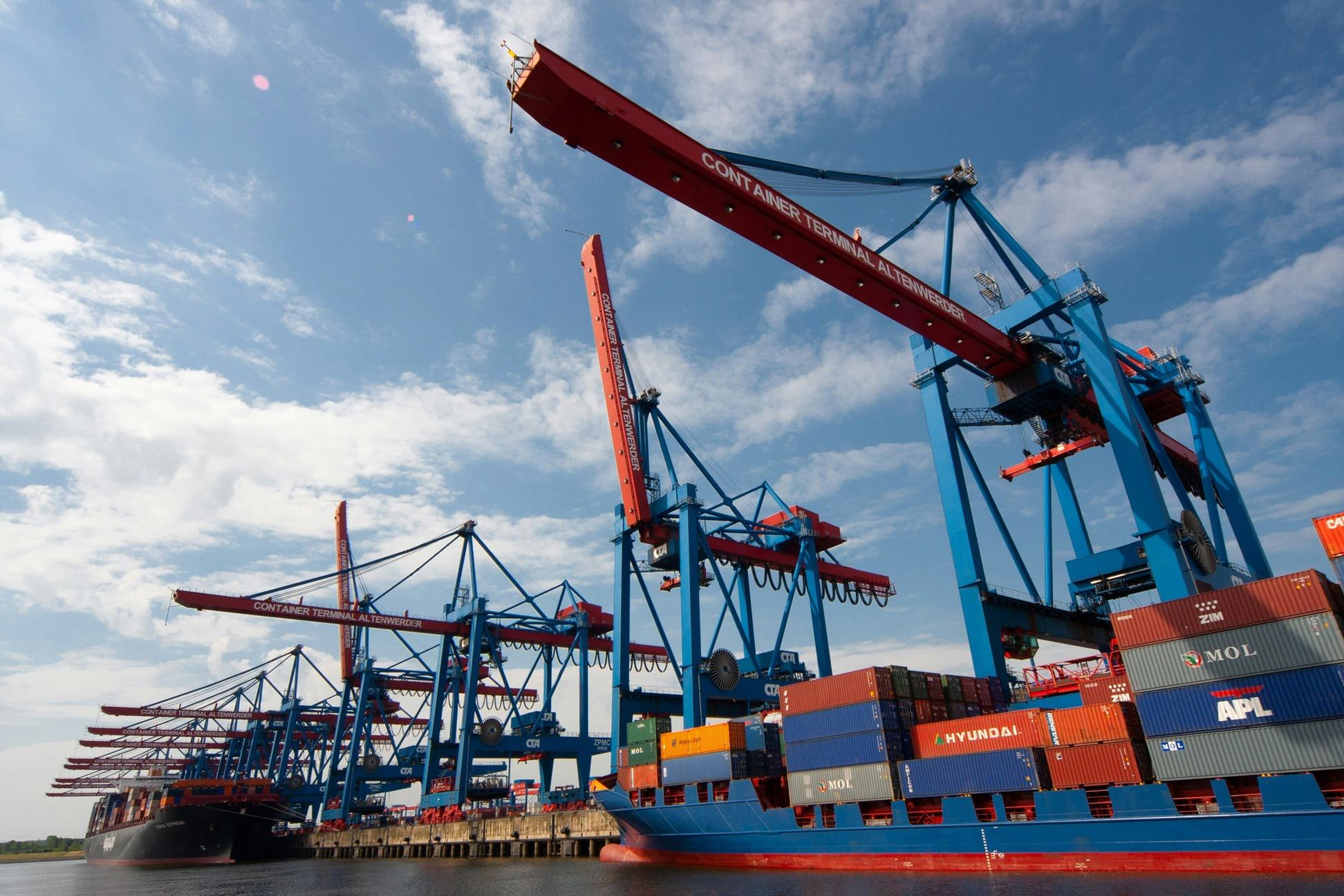
July’s Exchequer figures: What the numbers mean for multinationals and Budget 2026
July is an important month for VAT as it captures returns from May and June – months in which many consumer-facing businesses are hoping for strong summer sales. This includes the hospitality sector which is in the headlines frequently at present, given the debate around the return of the 9pc VAT rate. In the current inflationary context, growth of 1.4% year-on-year in July VAT receipts is a solid, if unspectacular performance. As such it may not materially sway the 9% debate in one direction or another. The income tax performance was also solid – as expected.
Corporation tax will probably garner most of the headlines given that receipts in July were up 234% on the same month last year – coming in at €1.2bn. July is not as significant a month as June, but the figures are clearly welcome even if they underscore the volatility of this tax heading. The true impact of the new global policy regime on these receipts is unlikely to be seen until 2026, when most companies will make their payments for the 2025 financial year.
The high corporation tax receipts for July might be a result of the stockpiling that happened as a response to tariff uncertainty in the early part of the year. Companies with a January financial year end would be paying preliminary tax in July which would be directly related to their January 2025 results. It is too early to tell what effect the US tariffs will have on Irish multinationals in the long term, but at least there is now some certainty on the 15% to allow companies to put appropriate plans in place.
The exchequer fundamentals are strong, which is a good position for the Finance Minister to be in ahead of Budget 2026. However, there remains substantial uncertainty around the impact of tariffs on the economy and in these circumstances we believe strong consideration should be given to a more conservative Budget package. A debate of this nature is already underway after the intervention of the Central Bank Governor, and is likely to continue in the weeks ahead and after the Dáil resumes next month.


Related content










